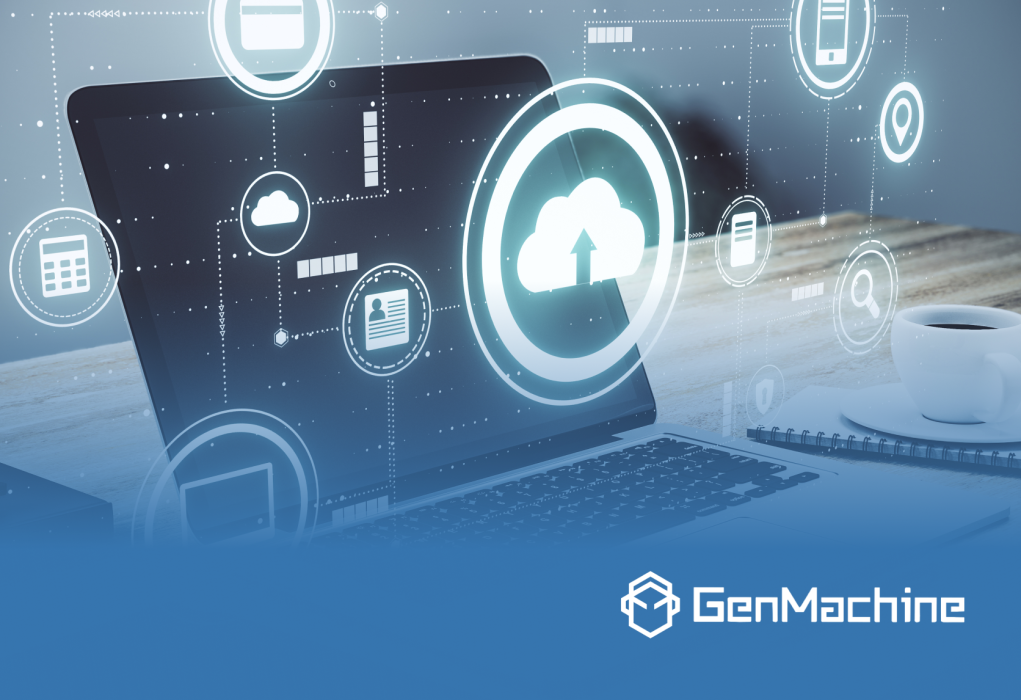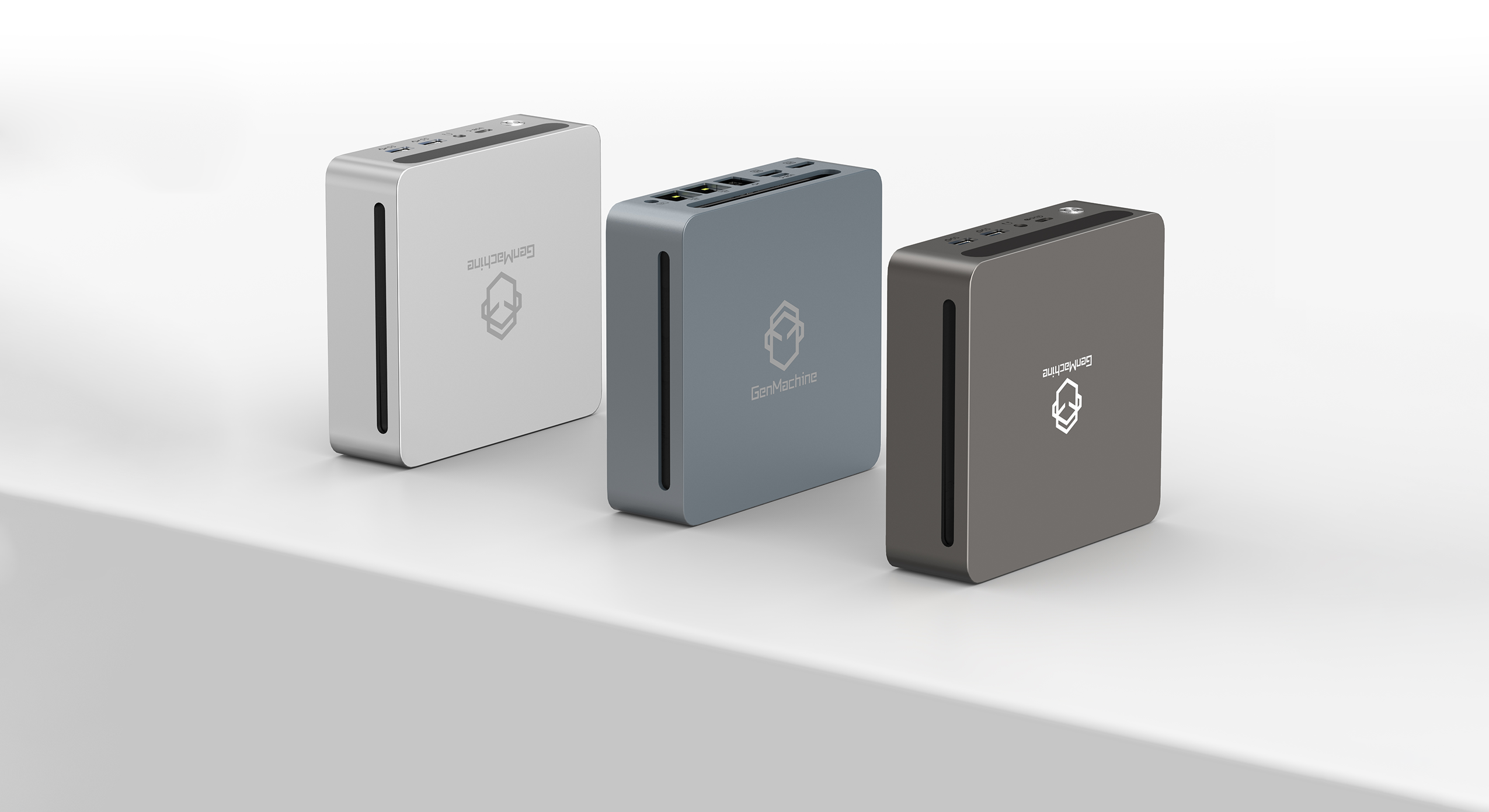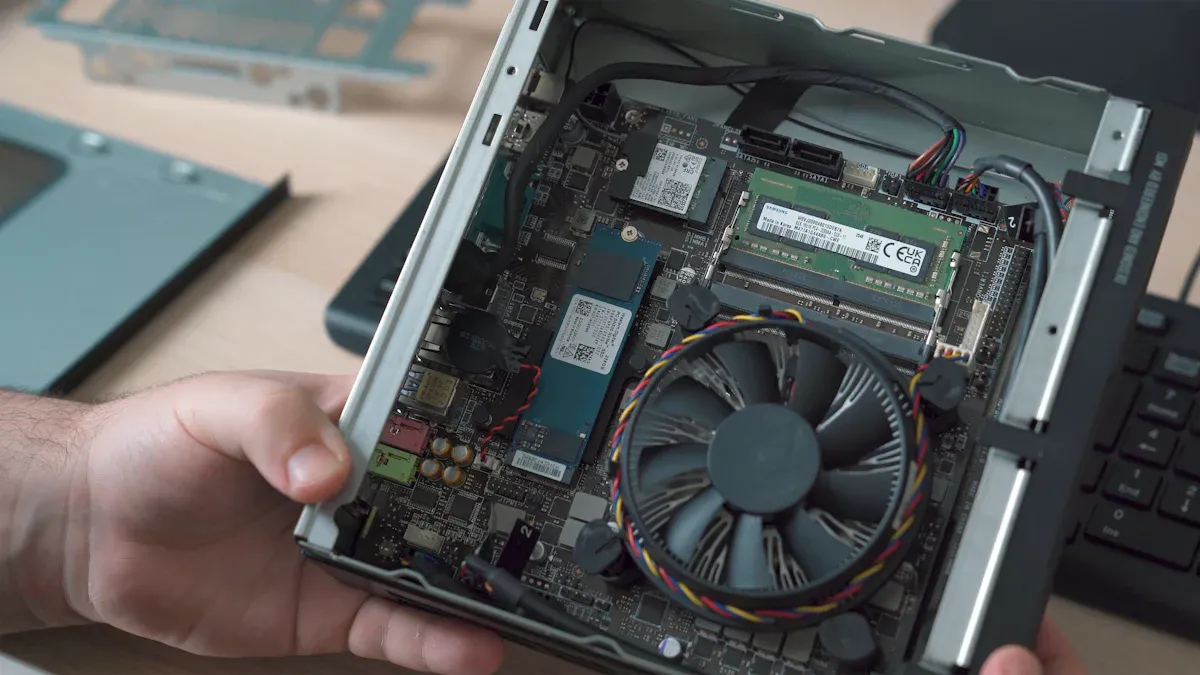Database Mini PC
When choosing an AMD Mini PC for database operations, you should prioritize processors with powerful multi-thread processing capabilities, such as the AMD Ryzen series, to cope with highly concurrent requests; ensure sufficient memory expansion to support large data sets and complex queries; equip with fast NVMe SSD storage to increase read and write speeds; consider a good heat dissipation system to maintain the server’s stable operation; meanwhile, make sure there are multiple high-speed network ports to meet the demand for large data transfer, as well as enough expansion slots and interfaces to support future hardware upgrades.

Trouble with computers
High Power Consumption
Database servers often need to run 24/7, and traditional desktops can consume a lot of power due to their high power consumption hardware.
Heat dissipation issues
Database systems that run continuously require good heat dissipation, which can be difficult with traditional chassis due to their large size and poor air flow.
Maintenance Difficulty
Database systems require regular maintenance, including hardware upgrades and replacements, and traditional desktops may be more difficult to maintain due to their less modular design.
Hot sale mini pc
GenMachine Yi7000 7840HS 32G AMD Mini PC
Yi Series $420.00 – $529.00Price range: $420.00 through $529.00 Select options This product has multiple variants. The options may be chosen on the product pageGenMachine Ren7000 7730U AMD Mini PC
Ren Series $269.00 – $500.00Price range: $269.00 through $500.00 Select options This product has multiple variants. The options may be chosen on the product pageGenMachine Ren5000 5800H AMD Mini PC
Ren Series $241.00 – $472.00Price range: $241.00 through $472.00 Select options This product has multiple variants. The options may be chosen on the product page
Mini pc strength
Optimized for energy efficiency
Mini PCs often use lower power processors and storage solutions, reducing the need for power for extended periods of operation and lowering energy costs.
Ease of Maintenance
Some mini-PC designs support quick access and replacement of key components, such as memory and storage devices, making it easy for database administrators to perform maintenance and upgrades.
Flexible Deployment
The small size of mini PCs makes them easy to deploy in a variety of environments, including space-constrained data centers, allowing for more flexible workstation layouts.
Certificated strenth
GenMachine, as a Mini PC manufacturer, has secured its leading position in the highly competitive Mini PC market with its excellent R&D capabilities, internationally certified high quality products, efficient production capacity, clear market positioning, and excellent after-sales service, and has won the trust and support of customers worldwide.
Get more information and knowledge
Yes, GenMachine Mini PC is equipped with high-performance AMD Ryzen processors, such as Ryzen 7 5700U, offering up to 8 cores and 16 threads, which is ideal for handling complex tasks in database operations.
It is recommended to configure at least 16GB of DDR4 RAM, and if budget allows, 32GB of RAM is preferred to smoothly handle large databases and complex queries. For storage, it is recommended to use at least 512GB M.2 NVMe SSDs to ensure fast read/write speeds and sufficient storage space.
Yes, GenMachine Mini PC supports triple display outputs, equipped with two HDMI ports and one Type-C port, allowing you to connect multiple monitors to increase work efficiency, especially for database administrators who need to view multiple data panels at the same time.
Although GenMachine Mini PC relies heavily on the integrated graphics card, the AMD Radeon Graphics on board is capable of handling many popular database management software. For database tasks that do not rely heavily on graphics processing, the integrated graphics card is more than adequate.
GenMachine Mini PC uses an aluminum alloy casing, a material that helps dissipate heat efficiently and ensures stable operation even during long periods of high workload. A good heat dissipation system prevents performance degradation or hardware damage caused by overheating.








